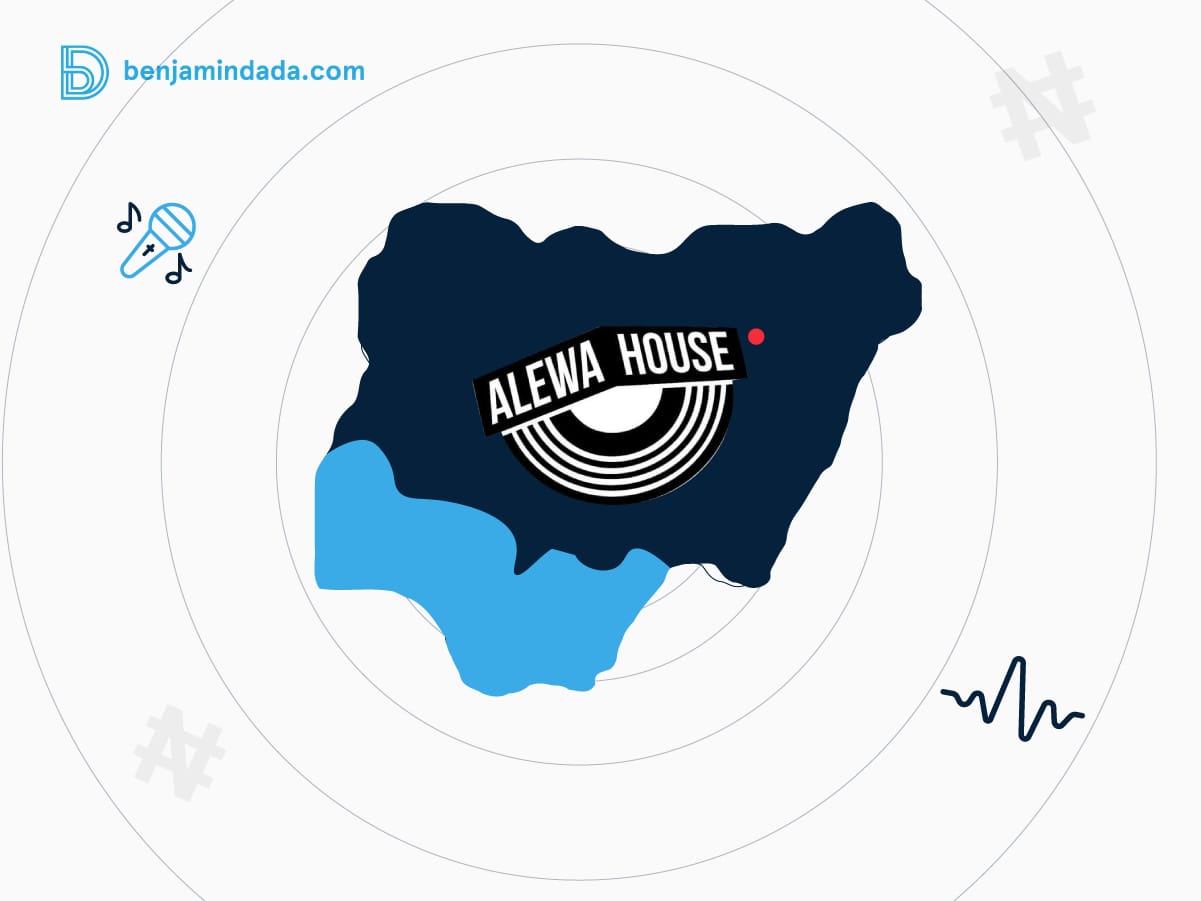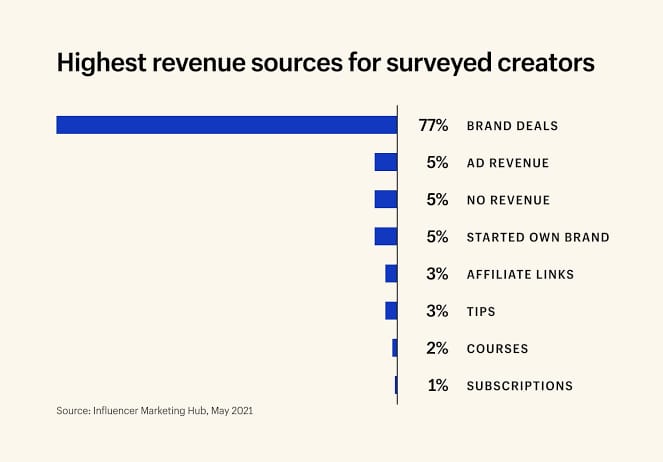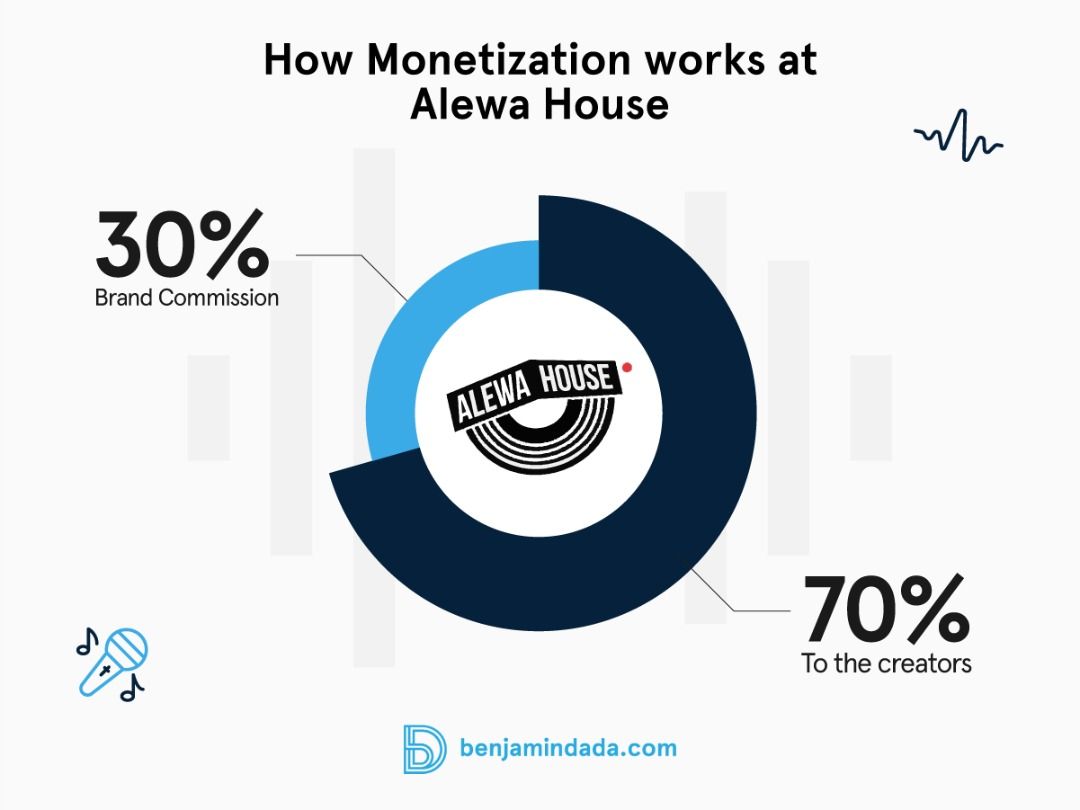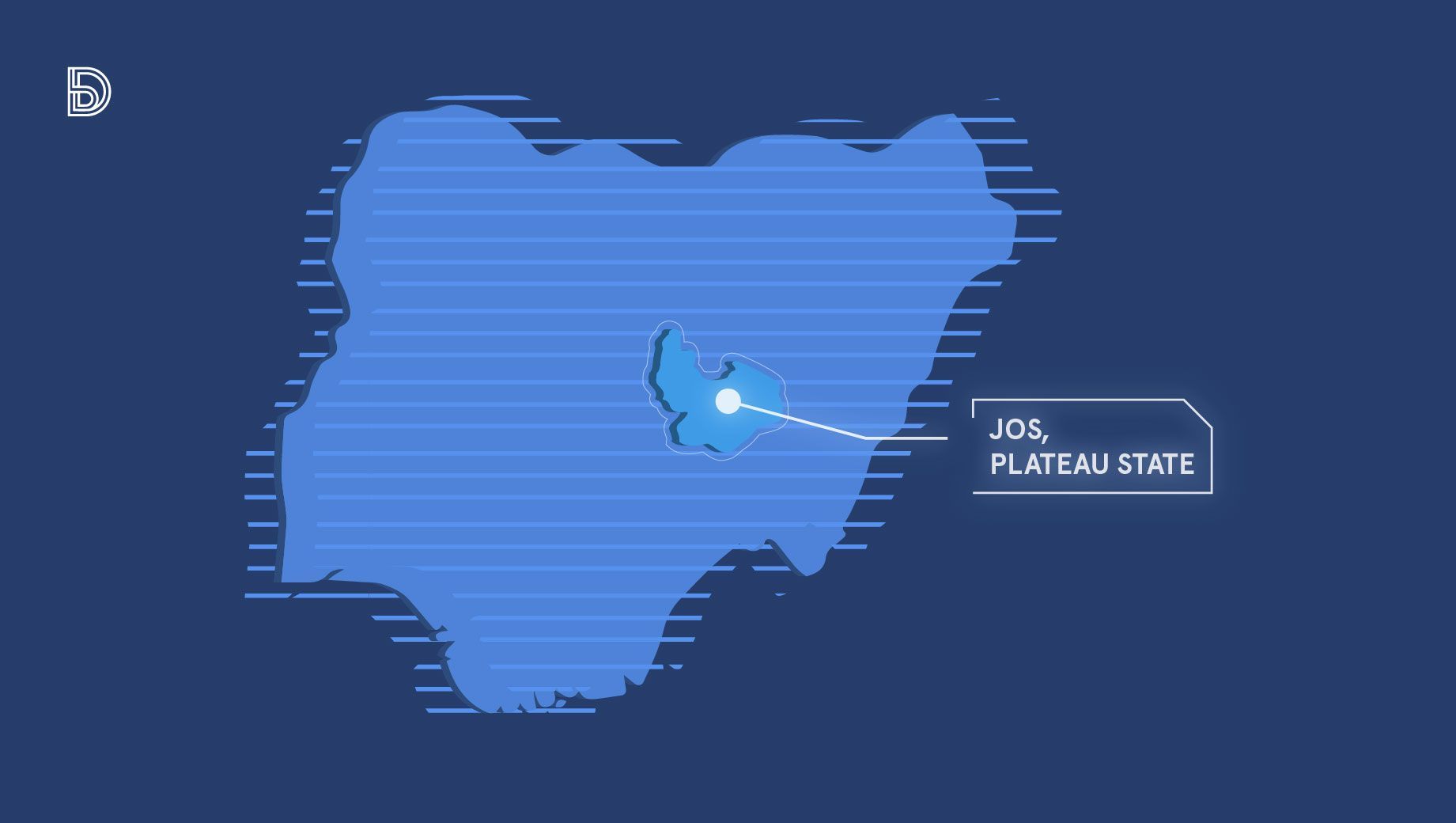Alewa House is powering the creator economy in Northern Nigeria
In Northern Nigeria, Alewa House is enabling creators to monetize and distribute their content.

As internet penetration continues to grow, content creators are now having an increased number of audiences who are willing to invest their attention and resources in their content.
Globally, the creator economy is worth over $100 million. The sector also contributes over 6.1% to global gross domestic product (GDP), averaging between 2% and 7% of national GDPs around the world. According to the International Monetary Fund (IMF), the entertainment industry now accounts for 1.45% of Nigeria's GDP.
Despite the global worth of the sector, some Nigerian creators find it difficult to earn a living from their content either because of payment challenges, or lack of access to the platform. Sometimes, the earning power of internet users is also a hindrance.
“Creator Economy is the class of businesses built by over 50 million independent content creators, curators, and community builders including social media influencers, bloggers, and videographers, plus the software and finance tools designed to help them with growth and monetization.” — Yuanling Yuan.
For Younglan Talyoung, a spoken-word artist based in Jos, a city in North-Central Nigeria, even though he tried to use digital platforms to promote his content, “as an independent artist, I had to worry about several logistics needs, I had little or no income coming in from the digital media and offline events,” Talyoung told Benjamindada.com.
In North-Central Nigeria with over 26.6 million internet users, according to the National Bureau of Statistics, he said that “it is pretty difficult to navigate your way in the industry.” However, in 2021 he became a content creator on Alewa House—a digital content distribution platform based in Northern Nigeria, according to him, “Alewa House has enabled me to reach more audience, I also get to earn from my content.”
Founded as a record label by Retnan Daser and Joe Heman in 2019, Alewa House pivoted into a creative hub that utilizes technology to monetize and distribute digital content and help creatives make a living off their arts in 2021 to meet the needs of the creators in Northern Nigeria and the rest of Africa.
According to Joe Heman, co-Founder and COO at Alewa House, “many independent content creators in Africa have content and they do not earn from it. They put time and energy into telling beautiful stories, and yet they remain poor. Platforms like YouTube encourage them to upload this content for free, but these creators often earn little or nothing— an average creator makes between $2-$12 per 1,000 views on YouTube, and this is regardless of the number of followers they have.”
Due to the complexities of playing in the African market, some companies like— Gumroad are unable to fit into the system. In 2020 when an African creator tweeted at Gumroad requesting alternative payment solutions aside from Paypal, Gumroad said, “It takes a lot of resources for us to add more payout options, and if they are not going to be used, or are simply going to cause risk issues for us, there's no point.”

This challenge is one of the reasons that inspired Daser and Heman to start the company, on Alewa House, creators upload content for free and their earnings are neither dependent on the number of views nor on advertisements, but on the quality of their content.
Selar, Ckrowd, Fidia, Shukran, Africreators, Anka are other African-focused platforms that are enabling the creator economy. Aside from the aforementioned, Flutterwave recently acquired Disha, a platform that allows creators to easily build one-page websites on which they could curate their content and receive payment for their work—all without learning to code or the other technicalities involved in building a website.
However, our focus is on Alewa House, since it operates in an ecosystem that is currently laden with several inadequacies due to insecurity.

Alewa House and the creator economy in Northern Nigeria.
Heman said, “creators are required to create original contents that consumers can consume and earn from there. 70% of the money they earn belongs to them, while 30% is our commission. We are also a distributing platform that assists creators who want to get their content to a global audience to get them to other OTT and box offices across the globe.”
Entertainment still remains the most viable content industry in Northern Nigeria, producing global talents like MI Abaga, Ice Prince, Jeremiah Gyang, and Kenneth Gyang— Director of Netflix's latest original, Blood Sisters.
“The North is an untapped talent pool, but having the talent is not enough. There’s a need for business awareness to fill the knowledge gap and the need for more talent incubation platforms geared towards content monetization and artistic development that will provide the northern creators with the know-how skillset to compete globally,” he said.
Heman added that “the audience and engagements are still very low” stating that “there is a bias towards entertainment content online in northern Nigeria, but apart from that, more people are becoming aware of the need to pay for premium content.”

Recently, the Plateau state government partnered with the AFEN blockchain—a leading Nigerian blockchain startup that is building Africa's largest NFT ecosystem to revolutionize sectors like arts, education and real estate. The partnership intends to explore creative NFTs from the most valuable tourism sites in Plateau state thereby contributing to the creator economy in the region.

What’s next?
Currently working with over 100 content creators—musicians, spoken word artists, and writers, Alewa House has recorded over 23,000 views on its growing platform of over 680 freemium users.
“We will continue to work closely with all stakeholders to give the creative industry the attention it requires for improved contribution to GDP, wealth and job creation. And also become a go-to place for creative content in Africa.” Heman said.








Comments ()